Showing 16-30 of 70 results
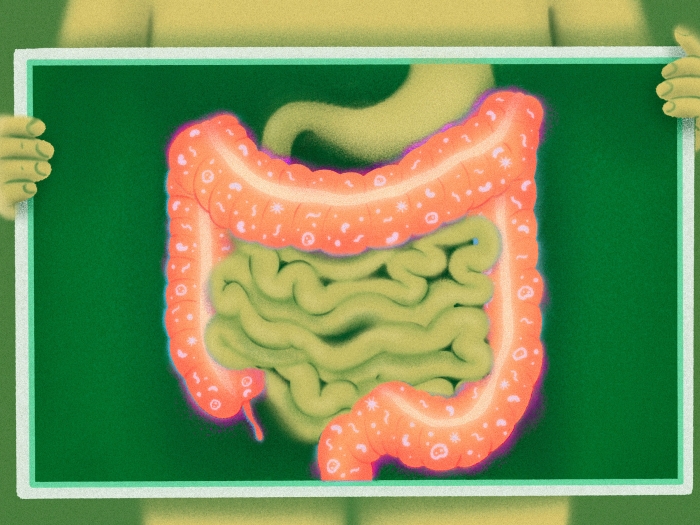
Health Lab
Researchers at the University of Michigan Health Rogel Cancer Center have identified a mechanism that causes severe gastrointestinal problems with immune-based cancer treatment, also finding a way to deliver immunotherapy’s cancer-killing impact without the unwelcome side effect.
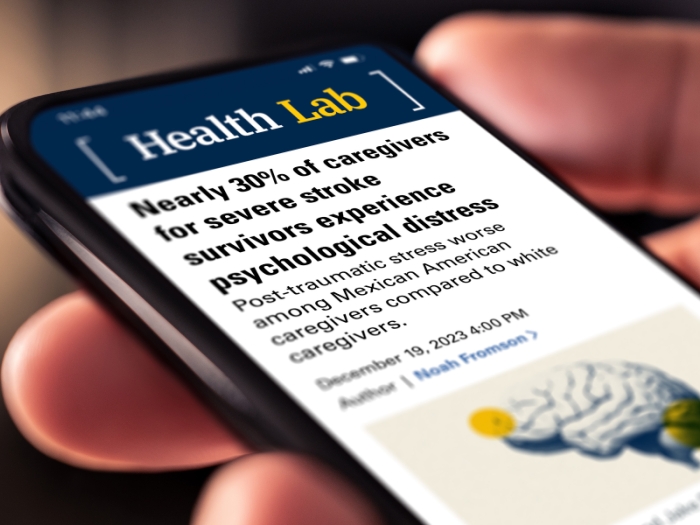
Health Lab
With over 400 stories published on Health Lab in 2023, the following 10 articles were the most read of the year.

Health Lab
Recently approved by the Food and Drug Administration, Pluvicto is a radionuclide-labelled drug administered to patients showing promising results.

Health Lab
Pearce, professor of epidemiology at the School of Public Health and co-lead of Rogel’s cancer control and population sciences program, reflects on the project and why bringing this study to Michigan is so critical.

Health Lab
The holidays are a great time to discuss your family's medical history. Learn the importance of discussing your family's health history & how to bring it up.

Health Lab
Researchers from the University of Michigan Health Rogel Cancer Center have developed a monitoring system using a research genetics program to trigger alerts about cancer patients suspected to have the DPYD gene variant.

Health Lab
Findings from researchers at the University of Michigan Health Rogel Cancer Center, published in Cancer Discovery, show how a specific nucleotide metabolite called GTP controls responses to radiation and chemotherapy in an unexpected way.

Health Lab
Study reveals presenting adults between 76 and 85 with personalized information about the benefits and harms of colon cancer screening decreases excess screening
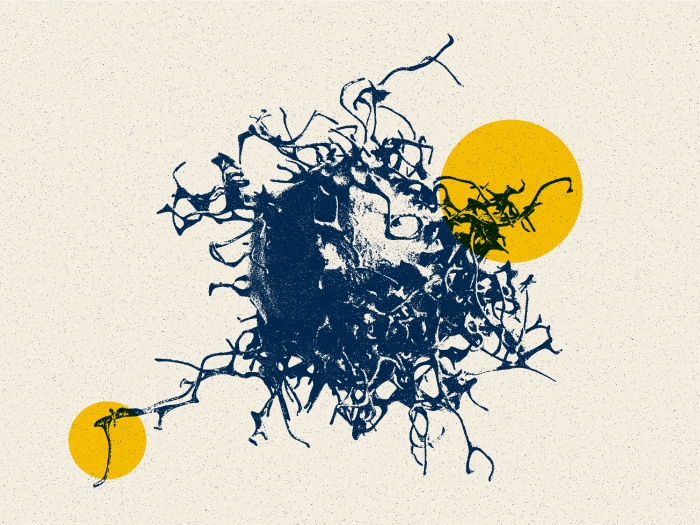
Health Lab
University of Michigan Health Rogel Cancer Center scientists have found a potential solution for preventing a common and dangerous complication in patients that receive stem cell transplants from a donor’s blood or bone marrow.

Health Lab
For people with expensive prescription drugs, switching plans could save them thousands of dollars in copays. And a simple tool can help people easily compare out-of-pockets expenses for anyone with a Medicare Part D prescription plan.
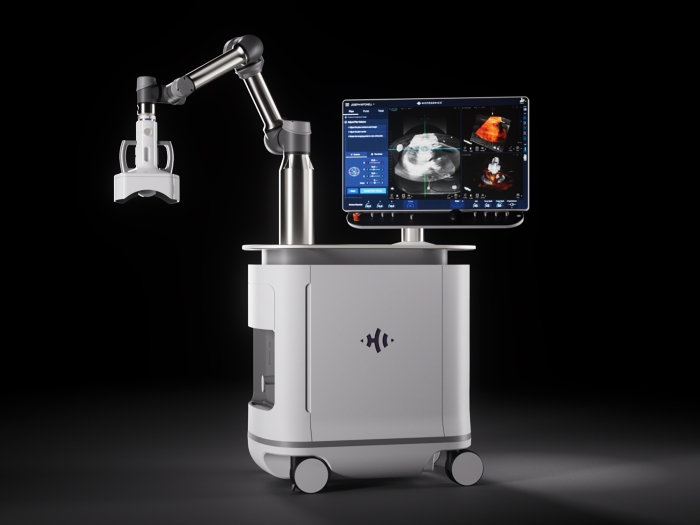
News Release
Technology developed at U-M uses sound waves to destroy tissue, providing a new type of cancer therapy

Health Lab
Sparrow Health System, part of University of Michigan Health, experts release findings in a study of a cancer drug for patients with genetic mutations.
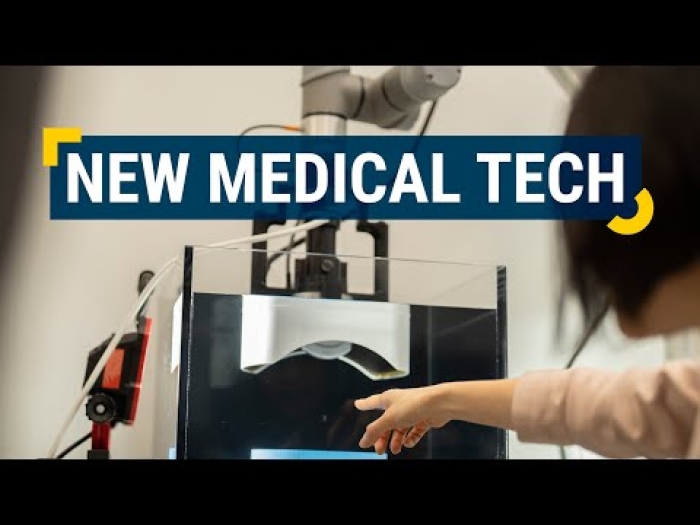
Health Lab
Michigan Medicine has developed a new technique that provides a non-invasive alternative to surgery, chemotherapy and radiation treatments for cancer.
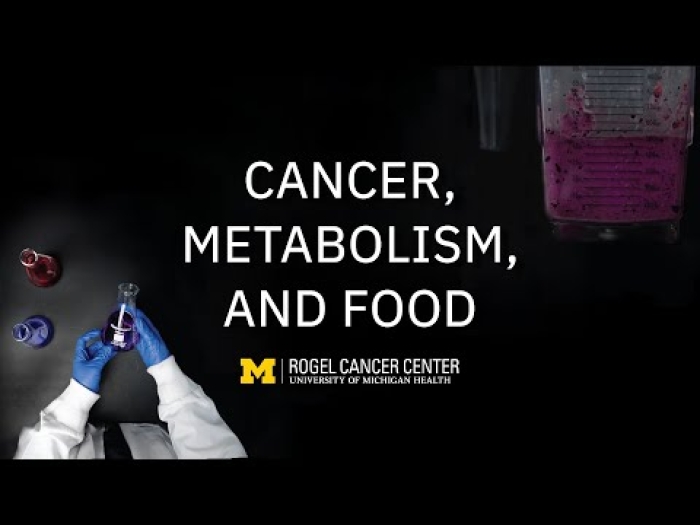
Health Lab
Metabolism pathways make tumors sensitive or resistant to treatments. A collaborative group leverages these avenues to explore the growing foundation of new potential therapies